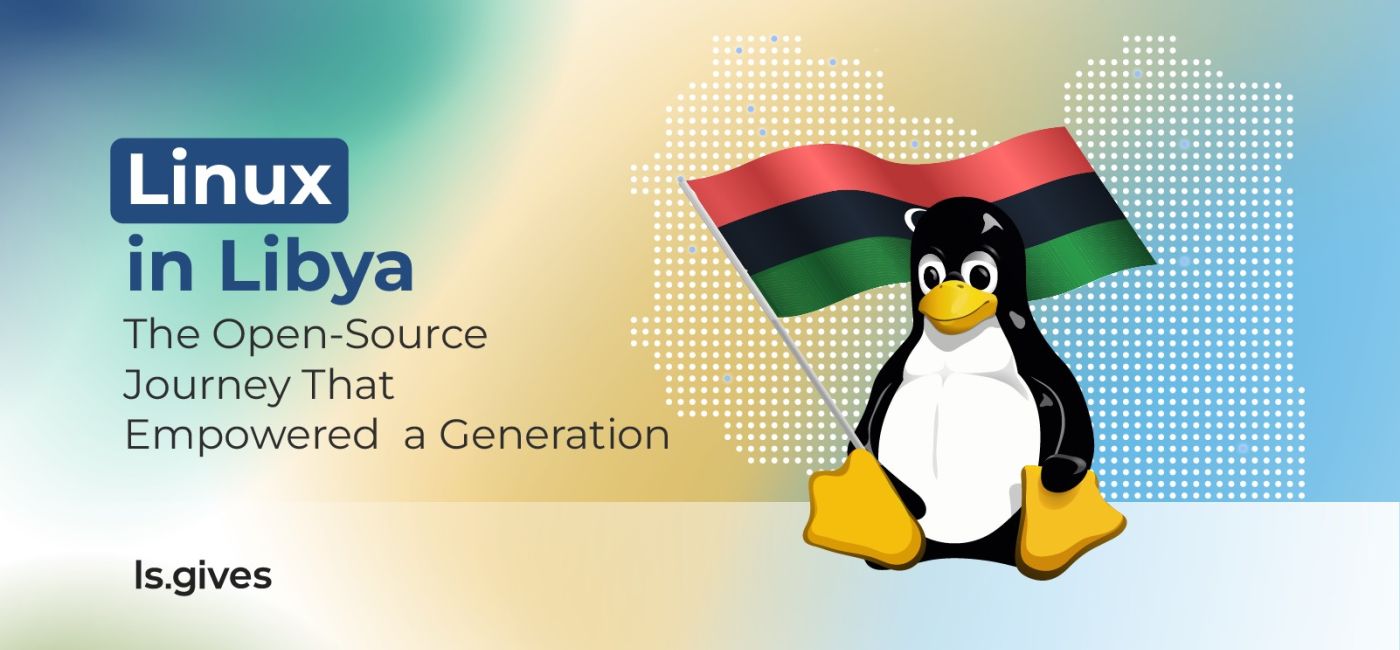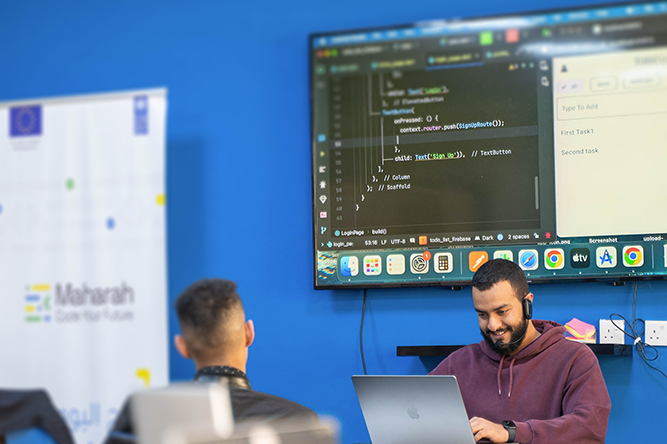Table of Contents
ToggleCelebrating Open-Source Culture in Libya
Linux Day, celebrated worldwide every October 25, is more than a date on the calendar — it’s a global reminder of what technology can achieve when it’s open, shared, and community-driven.
In Libya, it carries a deeper meaning. It marks the moment when curiosity met collaboration — when students, developers, and enthusiasts came together to build a movement around open knowledge and collective empowerment.
For many Libyan youth, Linux Day was not just an event — it was an introduction to a new philosophy: that technology should be free, transparent, and accessible to all. It showed that innovation thrives when people share ideas and build together, not when knowledge is kept behind walls.
The First Linux Day in Libya: A Community Milestone
On January 24, 2009, Libya hosted its first-ever Linux Day, marking the beginning of a new chapter in the nation’s digital story.
The event was entirely community-driven — organized by local volunteers, students, and developers who believed in the power of open-source software to democratize technology.
Held in Tripoli, the event introduced participants to Linux systems, open-source tools, and the global movement that encourages freedom in technology. It inspired many to learn, explore, and build — proving that Libya had both the talent and the passion to be part of the worldwide open-source community.
A Turning Point: Ubuntu Karmic Koala & the LibyaTeam
Just days after that historic celebration, the Ubuntu 9.10 “Karmic Koala” launch took place at the Zumit Hotel in Tripoli, organized by the volunteer group Ubuntu LibyaTeam and supported by Libyan Spider.
The event brought together over 60 participants — developers, students, and enthusiasts — to explore Ubuntu’s new features and understand its core philosophy of freedom, openness, and collaboration.
Local speakers, including Mohamed Ayad, Nizar Abu Dayna, and Mohannad Najem, led engaging sessions on installation, customization, and community development.
Workshops and live demos gave attendees practical experience, while discussions explored how open-source tools could benefit education, entrepreneurship, and public institutions.
This gathering became a turning point — igniting Libya’s open-source movement and connecting local talent to a global network of innovation.
Libyan Spider’s Role in Nurturing Open Technology
Since those early days, Libyan Spider has continued to support and strengthen the open-source culture that began with Linux Day.
Through Linux-based hosting, community workshops, and digital literacy programs, Libyan Spider has empowered thousands of students, educators, and entrepreneurs to access and build with open technologies.
Initiatives like Maharah Coding Bootcamp and LS.Gives extend that legacy — promoting collaboration, coding education, and digital inclusion across Libya.
By supporting training, meetups, and local development, Libyan Spider continues to turn knowledge into opportunity — helping shape a new generation of Libyan innovators grounded in openness and community values.
Continuing the Journey
From January 24, 2009, to today — and every October 25, when the world celebrates Global Linux Day — Libya’s open-source story continues to grow.
It’s a story not of corporations, but of communities. Not of products, but of people.
It reminds us that technology’s greatest strength lies in being shared — in every volunteer-led event, every open workshop, and every student who installs their first Linux system.
As we celebrate this year’s Linux Day, we honor the spirit that started it all — a belief in knowledge, freedom, and collaboration.
How You Can Join the Movement
- Start a Local Meetup: Bring together learners and enthusiasts in your city or university.
- Learn and Share: Explore Linux and open-source tools, then pass on your experience to others.
- Contribute to the Community: Support initiatives like LibyaTeam, Maharah, or LS.Gives that spread open knowledge across Libya.
Every tutorial shared, every workshop hosted, and every piece of open code written keeps the movement alive — empowering generations to come.




Leave a Reply